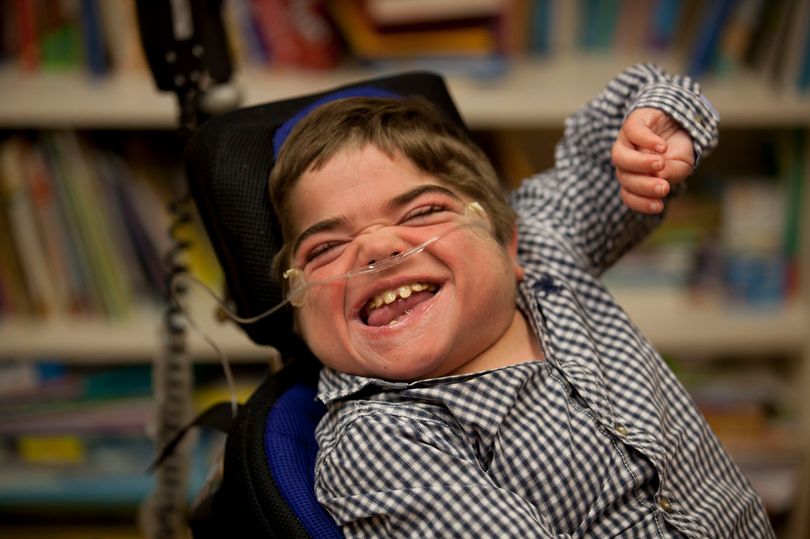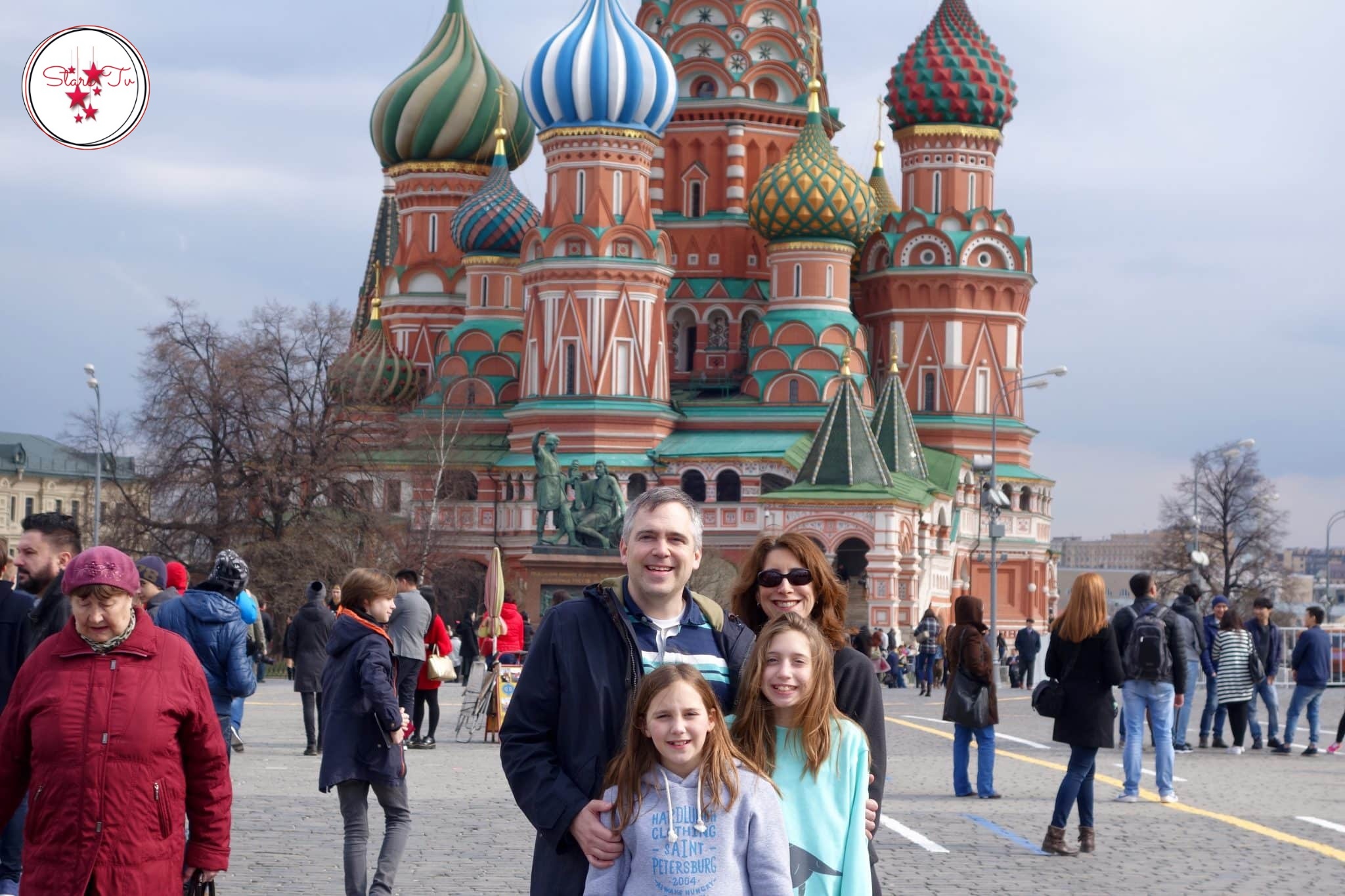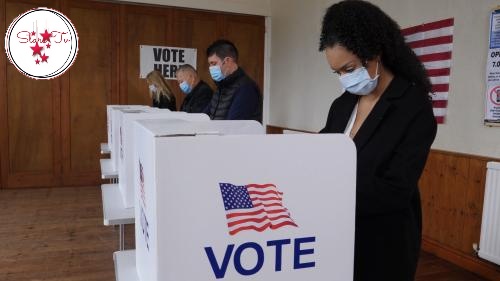'My son has an amazing mind' - mother explains incredible way she communicates with son born with cerebral palsy
Chantal Bryan, 40, knew her son Jonathan, 12, couldn’t speak, but she had a gut instinct there was a way to communicate with him…
My son Jonathan started secondary school last year, and like any parent, I was anxious. But I needn’t have worried – he’s already a bit famous there. He came home recently and told me about some boys being jealous of the attention he got from Year 8 girls!
Jonathan is bright – cleverer than me – and his poetry is amazing. But he’s not a wise sage all the time, he’s a naughty 11-year-old underneath it all, who is fun to be with. Although it could’ve all been so different, he was silent for so long.
In 2006, Jonathan was born with cerebral palsy and renal failure. We’d been driving to a country pub and another car smashed into us, and although I was fine, it caused a placental abruption and Jonathan was being deprived of oxygen. He had to be delivered by emergency caesarean and was born blue and lifeless.
In the first few days he didn’t make the progress we were hoping for, and at two and a half weeks old he had an MRI scan.
‘It’s one of the worst scans of a brain the technician has seen,’ one of the neonatal consultants told us. He said it was a shame Jonathan wasn’t on a ventilator at the time, as then we could have ‘switched him off’.
When you are told news like that it creates a bleak numbness. We didn’t burst into tears, it takes time to sink in.
The list of the things Jonathan would not be able to do was seemingly endless – run, jump, sit, talk, eat, even recognize us, his parents. But we knew there was fight in him, and while there was, we weren’t going to give up. I found from the beginning that the only way to cope is one day at a time, and that we are given what is needed for each day as it comes.
During the next few months we had to make decisions on whether or not to continue Jonathan’s treatment, particularly for his kidneys. Each time we had conversations with consultants I asked them to look at the baby in the cot – there was something about him.
A knowing look, the look of someone who knew what was going on. Eventually we brought him home, but the first few years were a blur of hospital visits, regular dialysis, followed by a kidney transplant when he was nearly four. Yet despite all the visits to hospital and illness, it was obvious to us Jonathan was in there.
Like many children with cerebral palsy, we tried a number of ways for Jonathan to communicate. Fortunately, from quite an early age he developed a ‘yes’ and ‘no’ face for things he was asked about and cared about.
Until he was seven, Jonathan was in a wheelchair and had no speech. He communicated with smiles, tears, laughter and the occasional jerky movement. He loves being cuddled, he has two younger sisters, Susannah, eight, and Jemima, five, and we involved him in everything we did.
We were also told to try sign. It became obvious Jonathan could understand what we said to him, but he didn’t have the control of his body to sign back. We knew he was capable of so much more, but he was treated like a toddler at the special school he attended. Now, he explains how degrading and frustrating it was being talked to like a deaf toddler. He felt his brain was shutting down there, but I didn’t know any of this because he had no way of telling me.
It was when he got to seven that I made a big decision. I could see the school wasn’t going to progress beyond music and play, so I talked to a teacher who suggested I try teaching Jonathan to read at home. We took him out of school for a few hours a day to teach him to read, write and do basic maths using his eyes. We set up a Perspex board with letters, words or numbers stuck on – I’d point to a square, and he’d move his eyes to signal what he wanted to use. But two weeks in, Jonathan seemed bored, so I made him a more complicated board with more vocabulary.
With only a few hours a day, Jonathan’s progress was astounding. I taught him to read and write over the next couple of years. Then, when he was nine, I was holding Jonathan so he could use his eyes to choose letters to write a story about a pirate and he spelled out ‘myriad’. I was gobsmacked. That was the point he found his own voice – he could finally ‘talk’ to us, we’d write down what he signalled with his eyes. I realised I could ask him anything. I cannot describe what it’s like to be able to talk to your child for the first time.
It was the most amazing thing, we all gathered round desperate to ask him questions and find out what he thought. The things he was telling us about were mind-blowing, and the character we already knew was in there blossomed. It’s wonderful to be able write it all down and to have a conversation with someone you love so much and in many ways know so well. But also we were surprised by what we already knew about Jonathan. I said, ‘What’s your favourite ice-cream flavour?’ As he spelled out chocolate I realised I already knew that!


.jpeg)





.jpeg)

